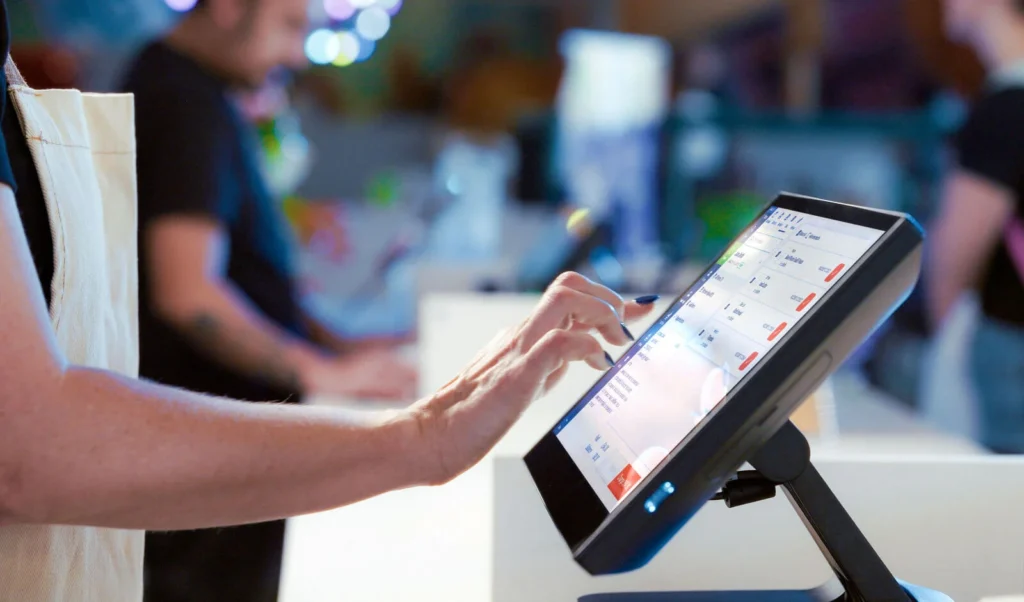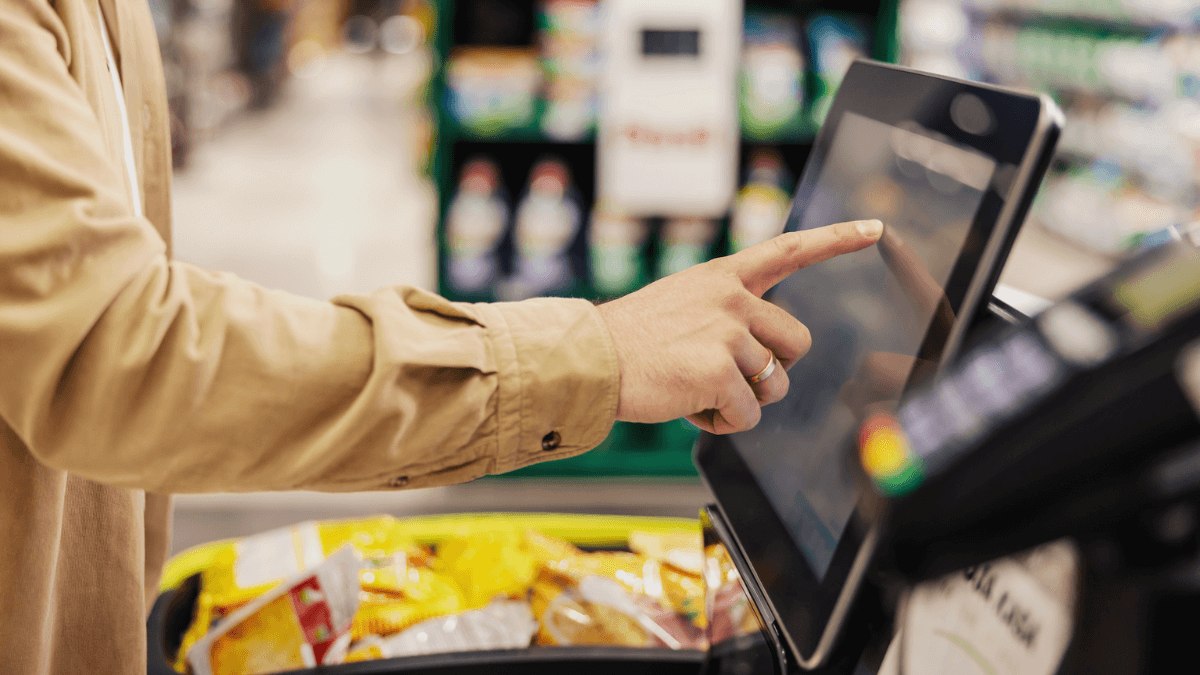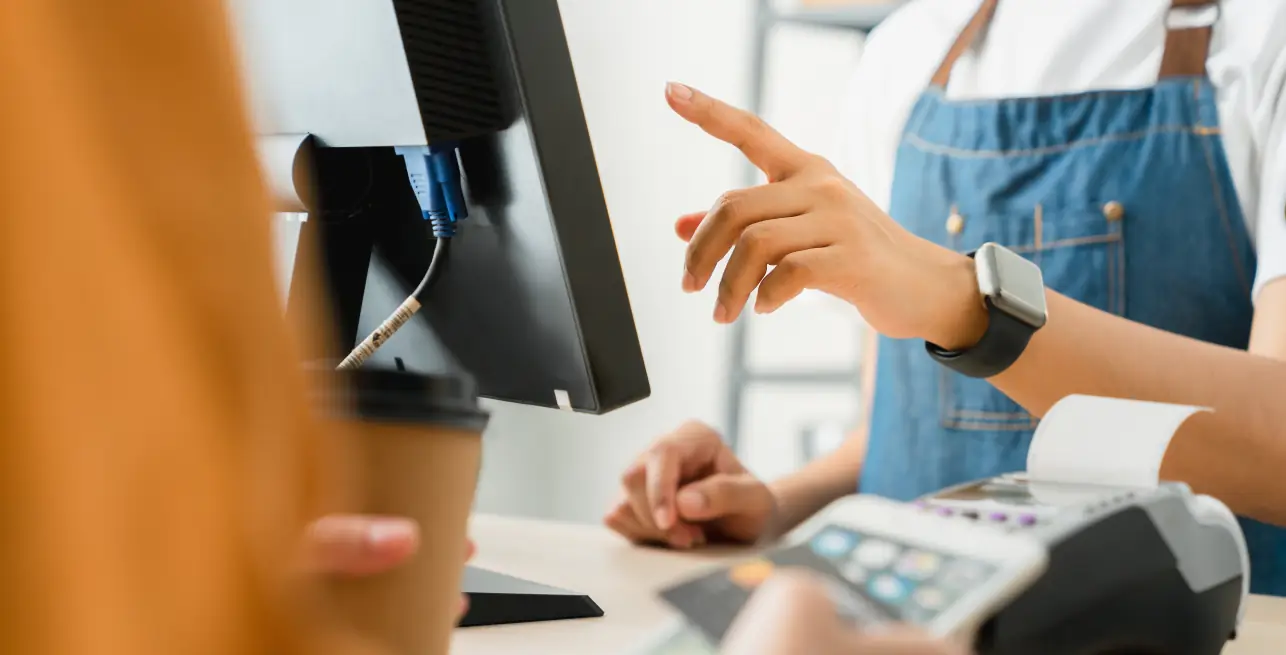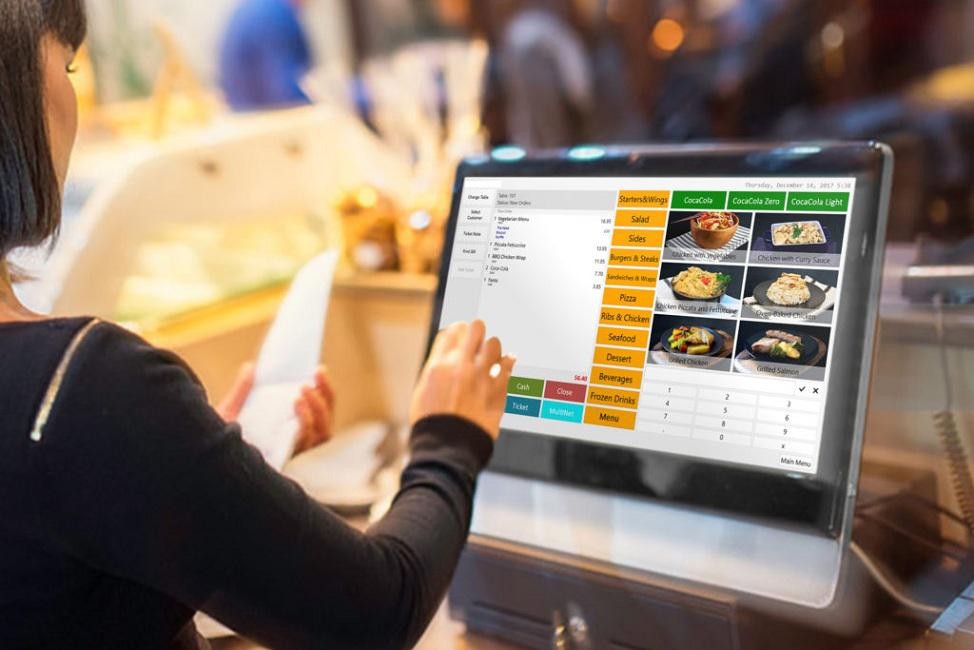POS for Grocery Stores: Features That Matter Most

In a high-volume, fast-paced environment like a grocery store, every second counts. Customers expect speedy checkouts, accurate pricing, and a smooth shopping experience. Behind the scenes, store owners need tight control over inventory, pricing, and staff performance. That’s where a powerful Point of Sale (POS) system comes in.
Choosing the right POS system can dramatically improve efficiency and customer satisfaction while helping you stay competitive. But with so many options on the market, what features actually matter most for grocery stores? Let’s break it down.
1. Barcode Scanning and Scale Integration
Speed and accuracy are critical in a grocery checkout line. A grocery POS must support fast barcode scanning and integrate seamlessly with scales for items sold by weight (like produce, meat, or bulk foods).
Why it matters:
This eliminates manual entry errors, speeds up transactions, and ensures pricing accuracy, which builds customer trust.
2. Real-Time Inventory Management
With hundreds or even thousands of SKUs, grocery stores rely heavily on tight inventory control. A great POS system should update inventory levels in real-time every time a product is sold, returned, or restocked.
Why it matters:
You’ll avoid stockouts, reduce over-ordering, and better forecast demand. Real-time data also helps in managing perishable goods and minimizing waste.
3. Support for Multiple Payment Methods
Customers want flexibility at checkout. A grocery store POS must accept cash, credit/debit cards, EBT, digital wallets (Apple Pay, Google Pay), and contactless payments.
Why it matters:
Offering multiple payment options improves the customer experience and ensures you don’t lose sales due to limited choices.
4. Loyalty and Discount Program Integration
Loyalty programs are a proven way to keep customers coming back. Your POS should allow you to set up customer profiles, track points, and apply discounts or promotions at checkout automatically.
Why it matters:
Personalized offers based on shopping habits can increase basket size and build long-term customer loyalty.
5. Multi-Terminal and Multi-Location Support
If you run a larger grocery store or have multiple checkout lanes, you’ll need a POS that supports multiple terminals with synced data. For store chains or franchises, multi-location support is essential.
Why it matters:
Consistent pricing, inventory updates, and reporting across terminals or locations ensures smooth operations and better oversight.
6. Employee Management Tools
Your POS system should include features to track employee logins, manage shifts, monitor performance, and prevent internal theft through access controls.
Why it matters:
This gives you better control over staffing costs, reduces errors, and increases accountability across your team.
7. Robust Reporting and Analytics
Data is power. A quality POS should offer detailed sales reports, inventory reports, and customer insights.
Why it matters:
These insights help you make informed decisions—like knowing what items are top sellers, which promotions perform best, and when your store is busiest.
8. Vendor and Purchase Order Management
Managing vendors and reordering stock is a big part of running a grocery store. Look for a POS that helps you automate purchase orders, track supplier information, and manage deliveries.
Why it matters:
Efficient vendor management helps prevent out-of-stock issues and keeps your shelves full with minimal manual work.
9. Offline Mode Functionality
Grocery stores can’t afford to go down just because the internet does. Choose a POS that continues to function offline and syncs once the connection is restored.
Why it matters:
This ensures uninterrupted service and transactions, even during internet outages.
Final Thoughts
A grocery store isn’t like other retail businesses—it’s fast, complex, and margin-sensitive. That’s why having the right POS system tailored to your specific needs is essential. Focus on features like real-time inventory, fast scanning, scale integration, loyalty tools, and robust reporting. The right POS doesn’t just process sales—it helps you run a smarter, more efficient store.






